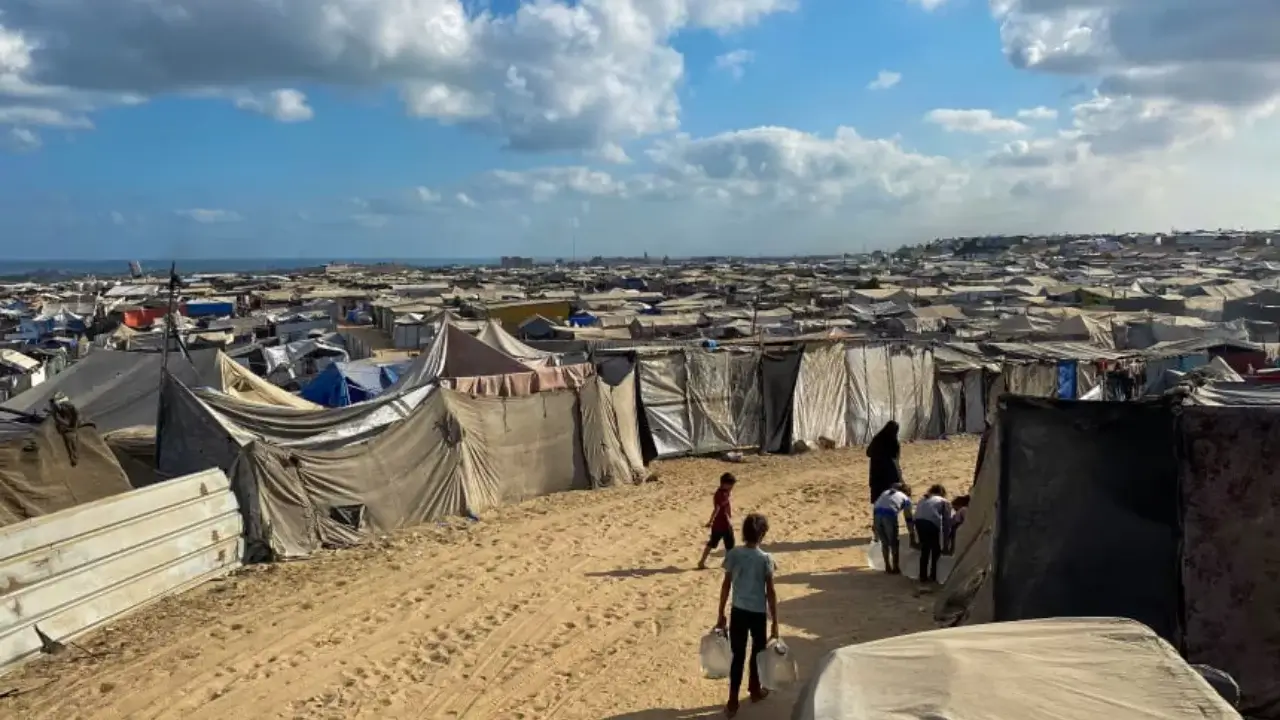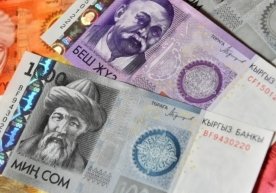Plan to relocate from Gaza: major dispute over Israel—South Sudan

It is reported that Israel is conducting talks regarding the relocation of Palestinians from the Gaza Strip to South Sudan. According to CNN, this step is being included among large-scale efforts aimed at encouraging a mass exit from the area devastated by the 22 months of war against Hamas. The political tones around the topic are sharp, and the explanations are mutually contradictory.
According to Israeli Prime Minister Benjamin Netanyahu, U.S. President Donald Trump has expressed a desire to implement the idea of relocating a large part of Gaza’s population, and this initiative is being interpreted as “voluntary migration.” It was also stated that Israeli officials have advanced similar proposals about placing Palestinians in other African countries. In official statements this path is being presented as a “worked-out road map,” while critics strongly reject that approach.
In an interview with the i24 television channel, Netanyahu stated the following: “In my view, the correct decision, even under the laws of war, as I understand them, is to allow the population to depart and then strike the enemy who remains there with full force.” Embedded in these lines is a reliance on security logic, but the disputes about its consequences are intensifying.
The Palestinian side, human rights organizations, and a large part of the international community reject these proposals as a plan to forcefully expel the population in violation of international law. In their view, the description “voluntary” does not convey a genuinely free choice under conditions of violence; there is a risk of outcomes that run counter to humanitarian principles.
At the same time, South Sudan’s Ministry of Foreign Affairs in its statement called “baseless” the reports that talks are being held with Israel about relocating Palestinians. The absence of official documents and confirmations, along with differing interpretations of sources, is adding further debate to the situation.
A U.S. State Department spokesperson, for his part, said that they would not comment on private diplomatic conversations. This position corresponds to the prevailing negotiation culture: the principle of not explaining publicly the deliberations behind closed doors appears to be maintained.
The final picture is this: on one side — a path being described as “voluntary migration”; on the other — accusations equating it to forced removal. As South Sudan officially denies the reports, the debate over international law and human rights is becoming even sharper. Every new statement and signal on the issue may determine the shape of the next steps without political concessions.
Read “Zamin” on Telegram!





















